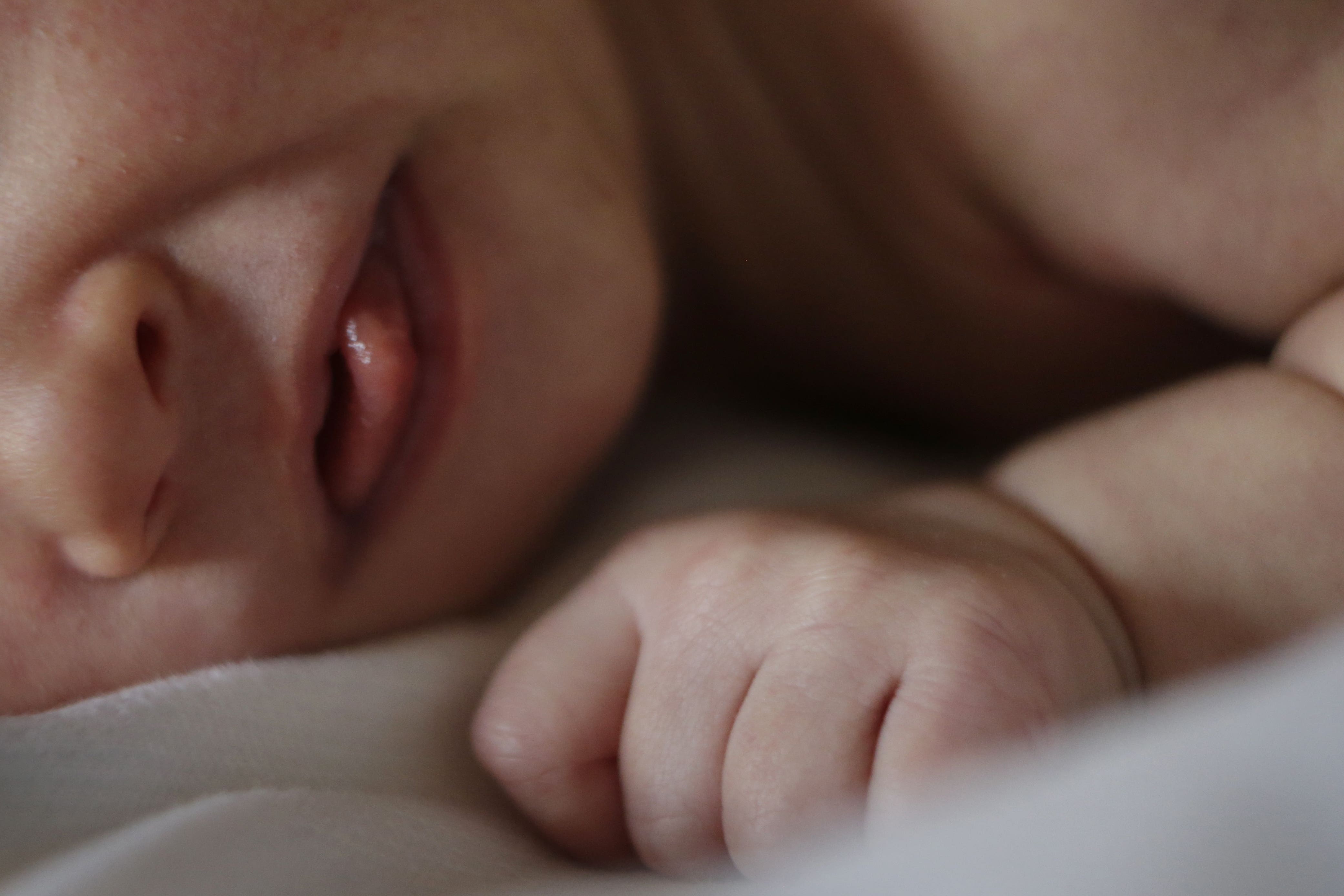Genetic test to prevent newborns going deaf recommended for NHS use
Clinical watchdog Nice has conditionally recommended the use of the genedrive kit.

Your support helps us to tell the story
From reproductive rights to climate change to Big Tech, The Independent is on the ground when the story is developing. Whether it's investigating the financials of Elon Musk's pro-Trump PAC or producing our latest documentary, 'The A Word', which shines a light on the American women fighting for reproductive rights, we know how important it is to parse out the facts from the messaging.
At such a critical moment in US history, we need reporters on the ground. Your donation allows us to keep sending journalists to speak to both sides of the story.
The Independent is trusted by Americans across the entire political spectrum. And unlike many other quality news outlets, we choose not to lock Americans out of our reporting and analysis with paywalls. We believe quality journalism should be available to everyone, paid for by those who can afford it.
Your support makes all the difference.A genetic test to determine if a newborn is at risk of becoming deaf after being treated with a common antibiotic has been recommended for use within the NHS under new draft guidance.
Clinical watchdog National Institute for Health and Care Excellence (Nice) has conditionally recommended the use of the genedrive kit, a diagnostic test for detecting a variant in babies that puts them at risk of hearing loss when treated with gentamicin.
Babies who develop a neonatal bacterial infection are usually prescribed gentamicin but this antibiotic carries the risk of hearing loss if the baby has the m.1555A>G genetic variant.
Other alternative antibiotics are available but cannot be more widely used as they are associated with an increased risk of bacteria developing antibiotic resistance.
For the test, a swab of DNA is taken from inside the baby’s cheek, with results delivered within the hour.
The baby can be given alternative antibiotics if the m.1555A>G variant is found.
I hope this additional evidence will support the argument for the rollout of technology, which could play a pivotal role in preventing deafness in a small number of babies in the future
I hope this additional evidence will support the argument for the rollout of technology, which could play a pivotal role in preventing deafness in a small number of babies in the future
It is estimated that each year around 1,249 babies are born in England and Wales with the m.1555A>G variant.
At present babies who go deaf after being treated with gentamicin are only discovered to have the variant with DNA testing afterwards.
The cost of treating hearing loss with a bilateral cochlear implant is around £65,000 in the first year.
Mark Chapman, interim director of medical technology at Nice, said: “The costs associated with hearing loss to the NHS are high, so driving an innovation like genedrive into the hands of health and care professionals to enable best practice can also ensure that we balance the best care with value for money, delivering both for individuals and society as a whole.”
Susan Daniels OBE, chief executive of the National Deaf Children’s Society and lay specialist committee member, said: “Speaking both as a deaf person and as chief executive of the National Deaf Children’s Society, it’s very encouraging that more evidence will be gathered on this important development.
“I hope this additional evidence will support the argument for the rollout of technology, which could play a pivotal role in preventing deafness in a small number of babies in the future.”